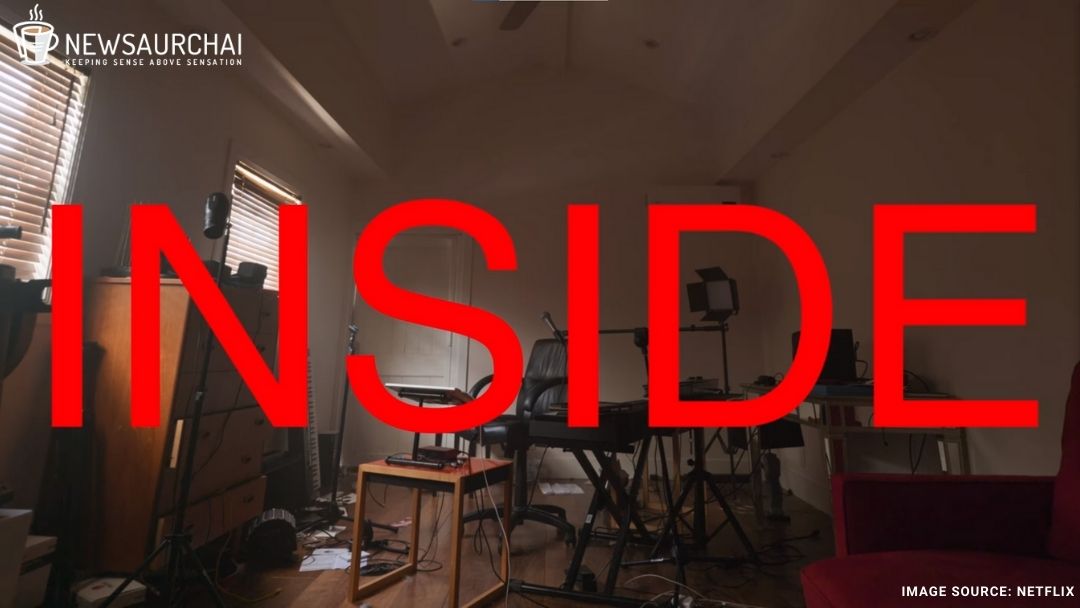Kim Kardashian misleads fans, FDA strikes back

“OMG. Have you heard about this?”
That was Kim Kardashian West writing on Instagram last month. The subject of her enthusiasm: a morning sickness drug.
As much of the world can’t help knowing, Kardashian is pregnant and has been struggling with, as she put it, “#morningsickness.” So she enthusiastically reported to her tens of millions of social media followers that she was now feeling “a lot better” after taking Diclegis, a prescription morning-sickness medicine.
Declaring that “it’s been studied and there was no increased risk to the baby,” she urged other women to ask their doctors about it. And she posted a photo of herself holding a bottle of the pills.
The post was perhaps the most prominent recent example of a practice that has been troubling federal regulators: the chatty, seemingly casual promotion of medicines and other products by celebrities on Twitter, Facebook and other social media.
The Food and Drug Administration struck back against Kardashian’s post, issuing a warning letter (which it made public this week) to the drug’s maker, Duchesnay Inc., that said the post failed to give information about the drug’s risks. The letter ordered the company to “immediately cease misbranding.”
It was the latest among several actions the agency has taken against posts on sites like Facebook and YouTube. Thomas Abrams, the director of the drug promotion office, said in a 2013 interview that social media had complicated the agency’s ability to monitor drug promotions, citing the sheer volume of content online and the speed with which it can be changed.
“It is important to know that although we closely monitor what companies say, we generally do not have authority over statements made by independent organizations or persons – what we call third parties – unless they are acting on behalf of a company,” he said.
The Federal Trade Commission, which monitors over-the counter drugs, has also issued guidelines about celebrity endorsements, including that they be bona fide users of the product and disclose any financial arrangement.
In the case of Kardashian, she disclosed in the post that she was “partnering” with the Pennsylvania-based subsidiary Duchesnay USA to “raise awareness about treating morning sickness,” and she included links to websites for the drug and its safety information. But Robert T. Dean, a director at the FDA’s Office of Prescription Drug Promotion, who signed the letter, said that was not enough.
“By omitting the risks associated with Diclegis, the social media post misleadingly fails to provide material information about the consequences that may result from the use of the drug and suggests that it is safer than has been demonstrated,” he wrote.
Diclegis is the only medicine currently approved for morning sickness in the United States. Potential side effects include heavy drowsiness. Dean also noted that the drug had not been tested in women with hyperemesis gravidarum, a condition marked by severe nausea and vomiting.
The company would not share details of its arrangement with Kardashian. But responding to questions, a Duchesnay executive said in a statement that the company had contacted Kardashian after hearing she had morning sickness and that she told the company she had been prescribed Diclegis. After Kardashian posted her Instagram message praising the drug July 19, the company issued a statement the next day, applauding her for encouraging pregnant women to talk to their health care provider.
Asked whether the company had helped Kardashian write the Instagram post and how much she was paid, Dean Hopkins, the general manager of Duchesnay USA, said in the statement: “Unfortunately, the details of our partnership are private.”
The posts appear to have been taken down.
“Duchesnay USA takes its regulatory responsibilities very seriously, and acknowledges that its communications, including in social media as in this particular instance, need to be in accordance with applicable rules and regulations,” a statement from the company said.
In 2008, an online page and video testimonial on YouTube featuring Ty Pennington, the host of “Extreme Makeover: Home Edition,” was the subject of an FDA warning letter to Shire, the makers of Adderall XR. It said the video overstated stated the efficacy of the drug and suggested uses that were not approved by the agency.
An excerpt from Pennington’s statement was included in the letter: “Now once I got on medication it’s just amazing the transformation I made. I – It literally changed my life, and gave me the confidence to achieve my goals, like being an artist.”
The FDA said that overstated the efficacy of Adderall XR by implying that it would transform patients’ lives and improve their confidence. The posts were removed and the company complied with other requests in the letter.
Kardashian’s Instagram post, which was linked to her other social media accounts, was reported through the FDA’s “Bad Ad” program that takes tips about misleading advertising and promotions.
Celebrities have considerable history of U.S. medical endorsements. In 2002, U.S. television stations started to investigate celebrity ties to drug companies after stars like Lauren Bacall and Kathleen Turner were paid to help promote drugs or other medical products on their programs.
Their ability to connect with fans on social media has made them even more attractive to companies; Kardashian has more than 40 million followers on Instagram.
Michael A. Carome, director of the Public Citizen’s Health Research Group, a consumer advocacy group, said the United States and New Zealand were the only two countries that allow such direct-to-consumer marketing by celebrities in broadcast forums and online.
Even if the celebrities did reveal their connections to the drug companies – as Kardashian did – as well as the drug risks, having a celebrity deliver a positive message about a drug just makes things worse, he said.
“The company wants to add a celebrity not because the celebrity is better educated, but that the simple presence of the celebrity will pressure doctors to prescribe that product,” Carome said. “It does not make the message any more valid from a health care perspective.”





